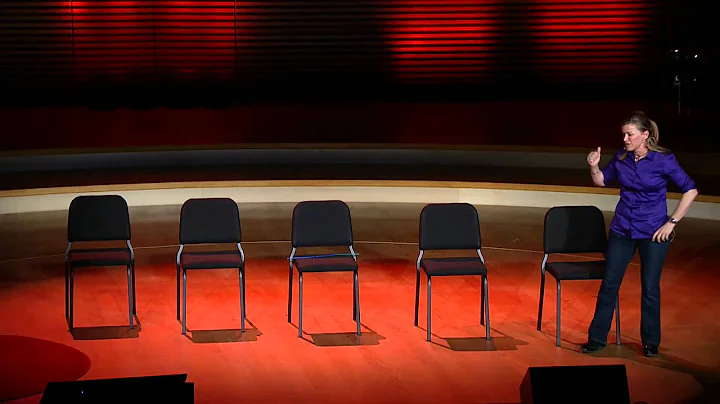
Seeing means not only awareness of your own emotions, but also awareness of your own emotions, and then rationally think about the reasons and possible results of emotions. Silence has significant effects and gives us the space we need to make beneficial rather than harmful reactions. Of course, one of the worst ways we hurt ourselves is the rebellious habit of self-criticism.
Whether it comes from our parents, culture or personality types, many people have constructed a pattern of criticizing themselves when they encounter failure or make mistakes, and this pattern even runs throughout their lives.
When we see the side we don’t like, our automatic reaction is often to humiliate ourselves wantonly. When facing adversity, our first reaction is likely to be to start solving the problem immediately, rather than stopping first and considering our emotional needs.
However, if we keep a quiet view of the difficulties and difficulties caused by the surrounding environment, we can still take a step back and broaden the sky, be concerned about our own pain, and comfort ourselves with care and understanding.
We can reinterpret our situation from the common human nature, so we will not feel the feeling of isolation caused by difficulties. We suffer, and we can also be aware of the suffering itself, and therefore we will not be helpless in it. Practice with
and you will develop this habit, so once you notice that you are suffering, you will automatically embrace yourself with a caring heart. When the shell is stuck, you may want to press the restart button.
This will prevent you from falling into the painful experience of self-judgment and tolerance, but instead redirect your mind and start a new journey. No matter what actions you take, you will be more calm, stable, and calm - of course, more effective.
(Christine Neff "The Power of Self-Caring ")











